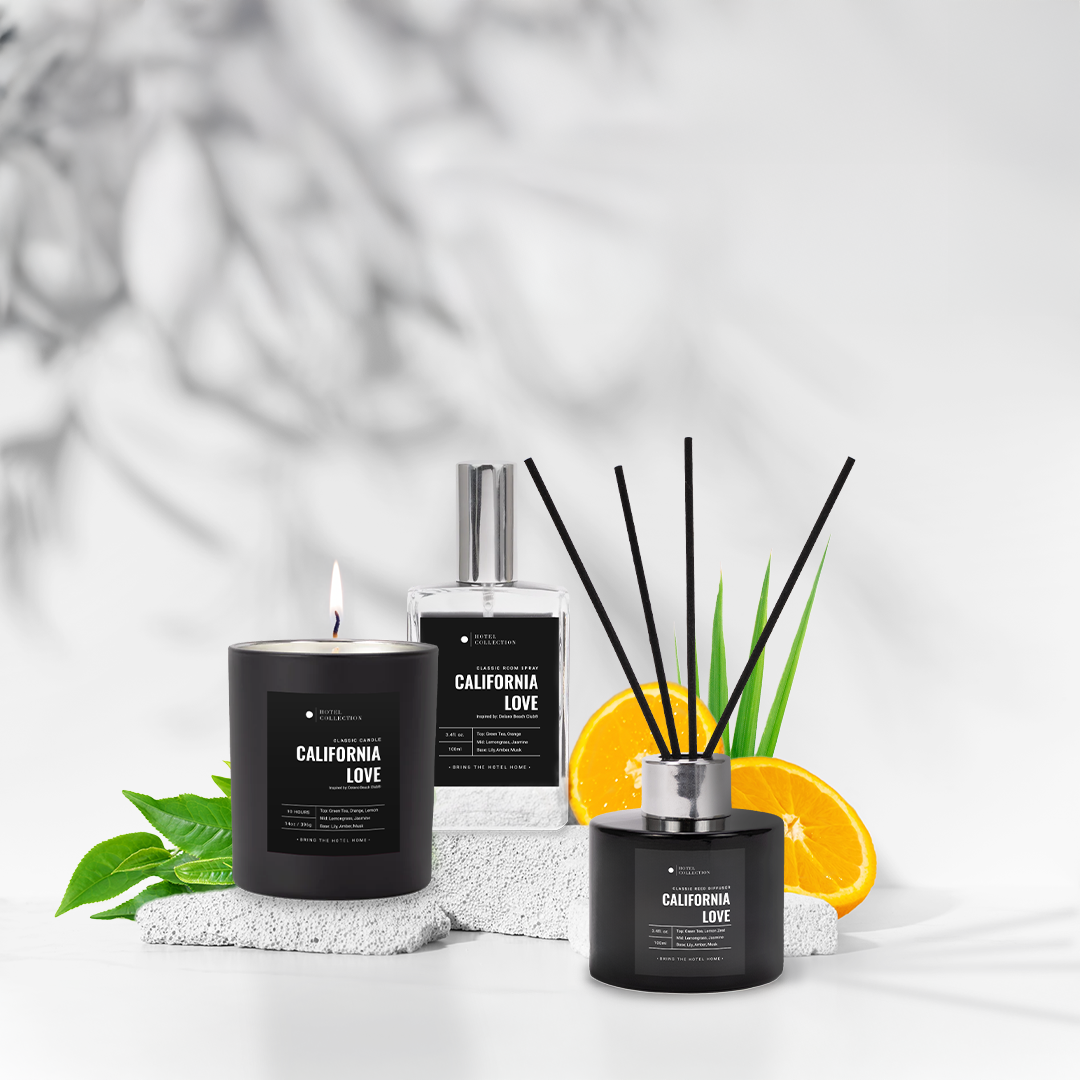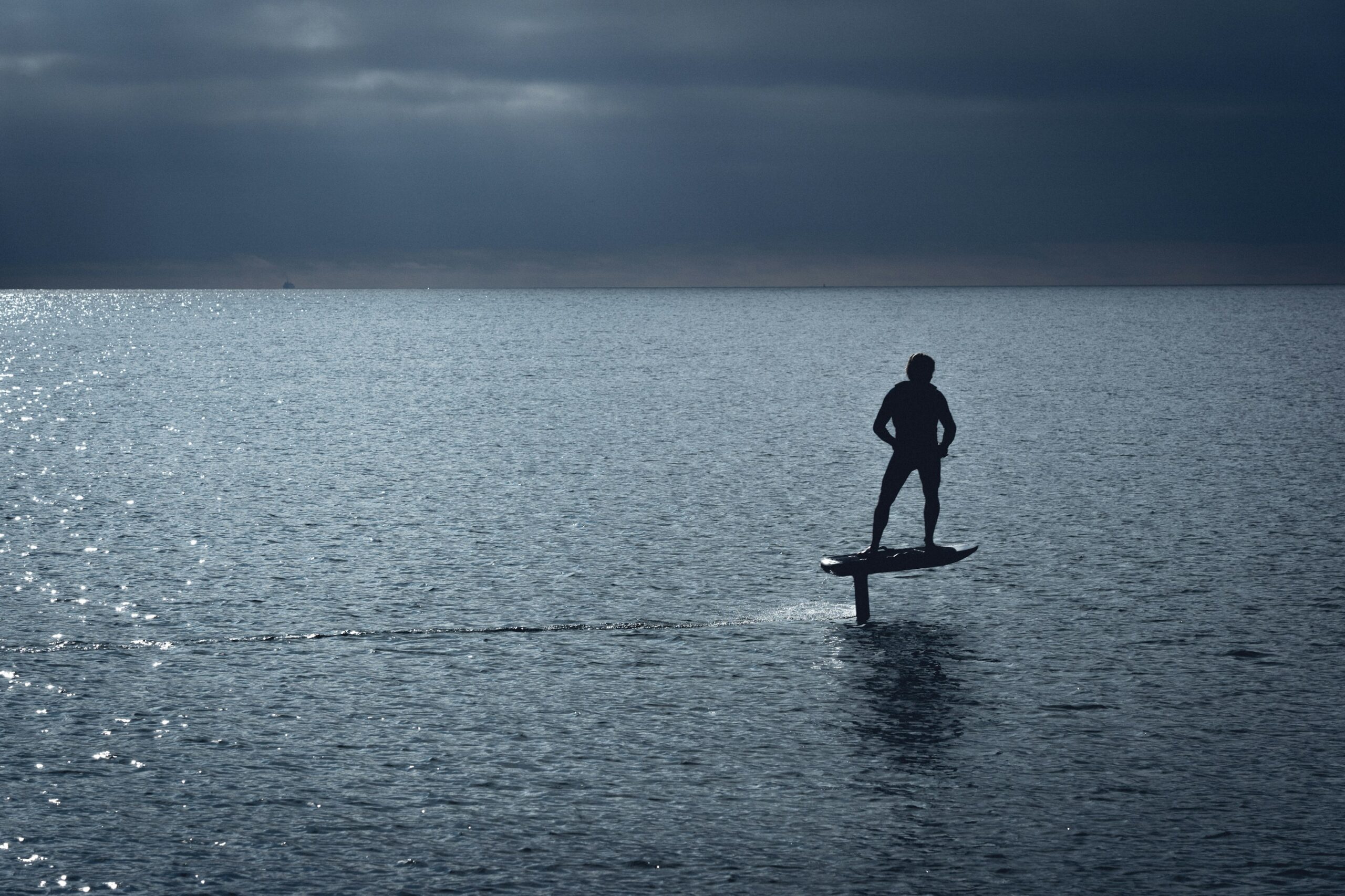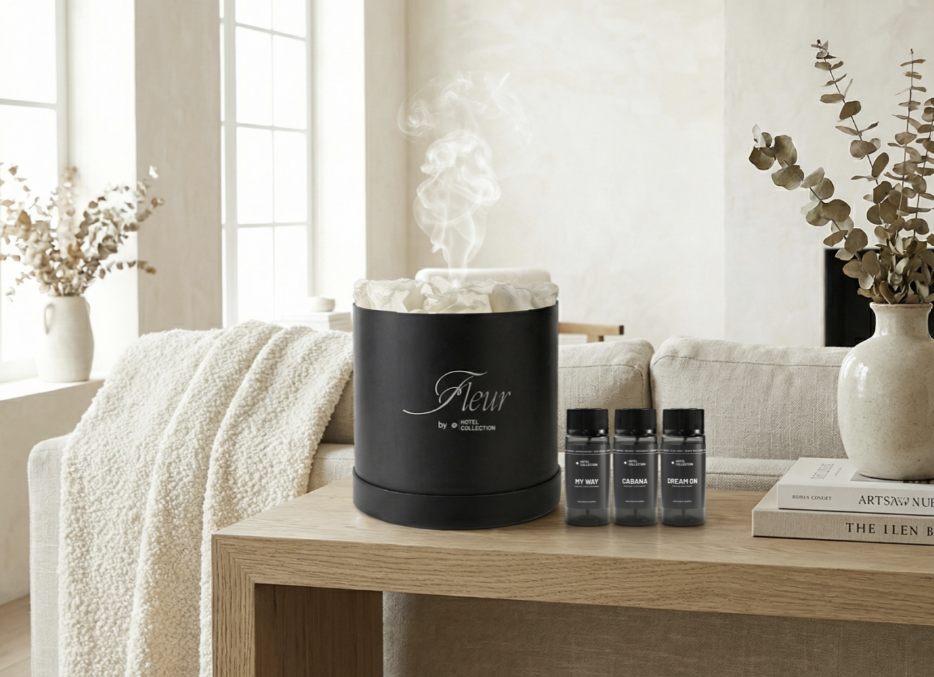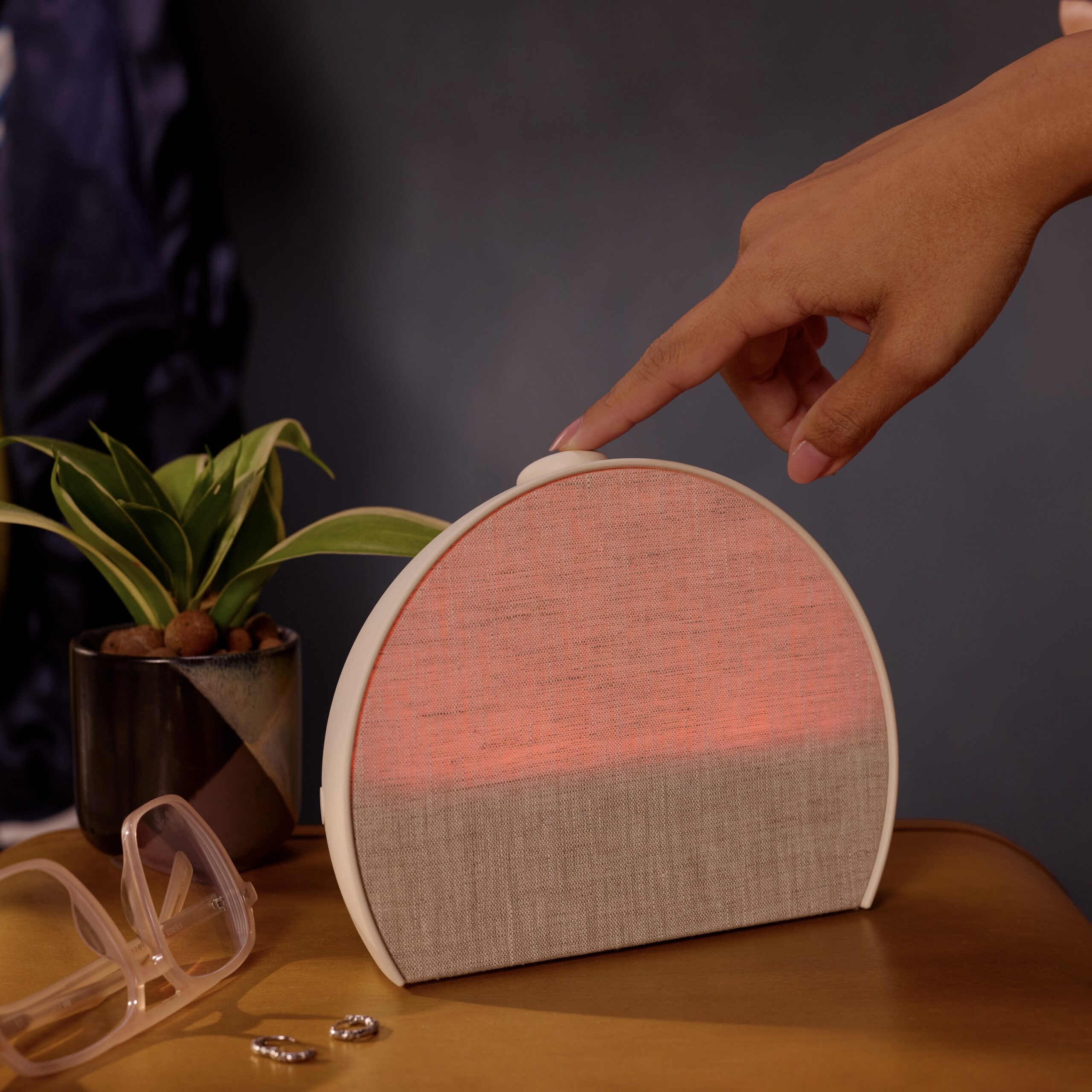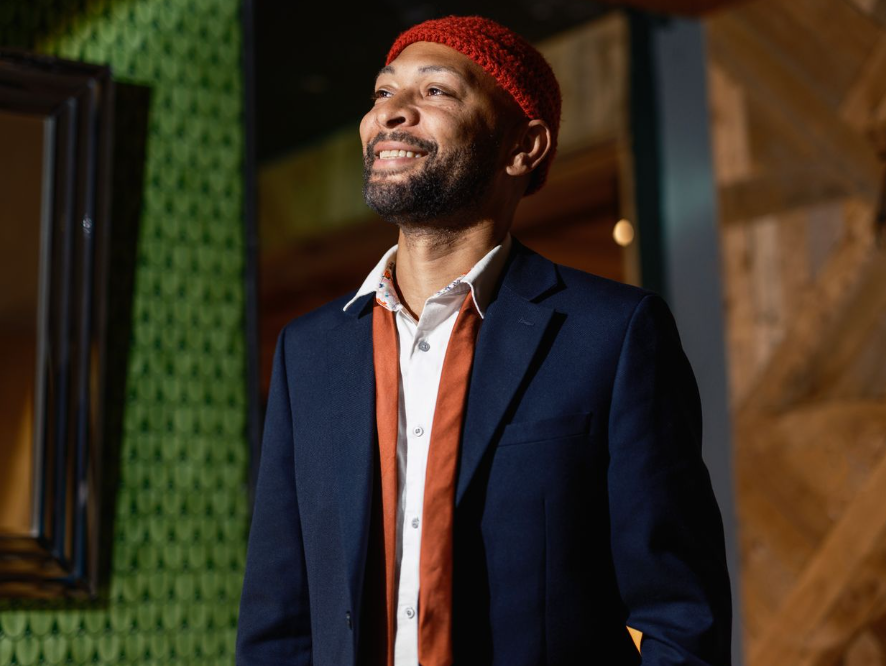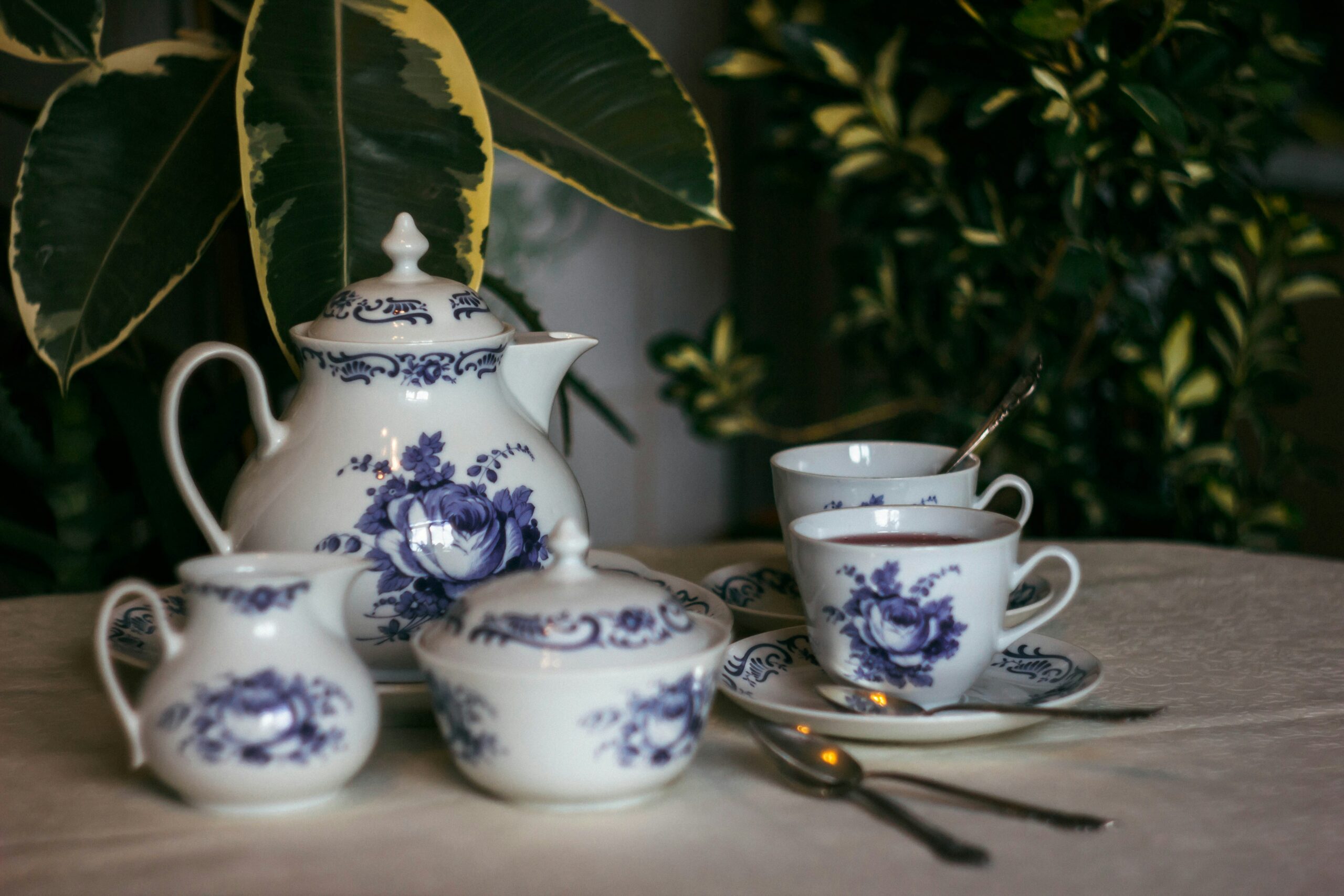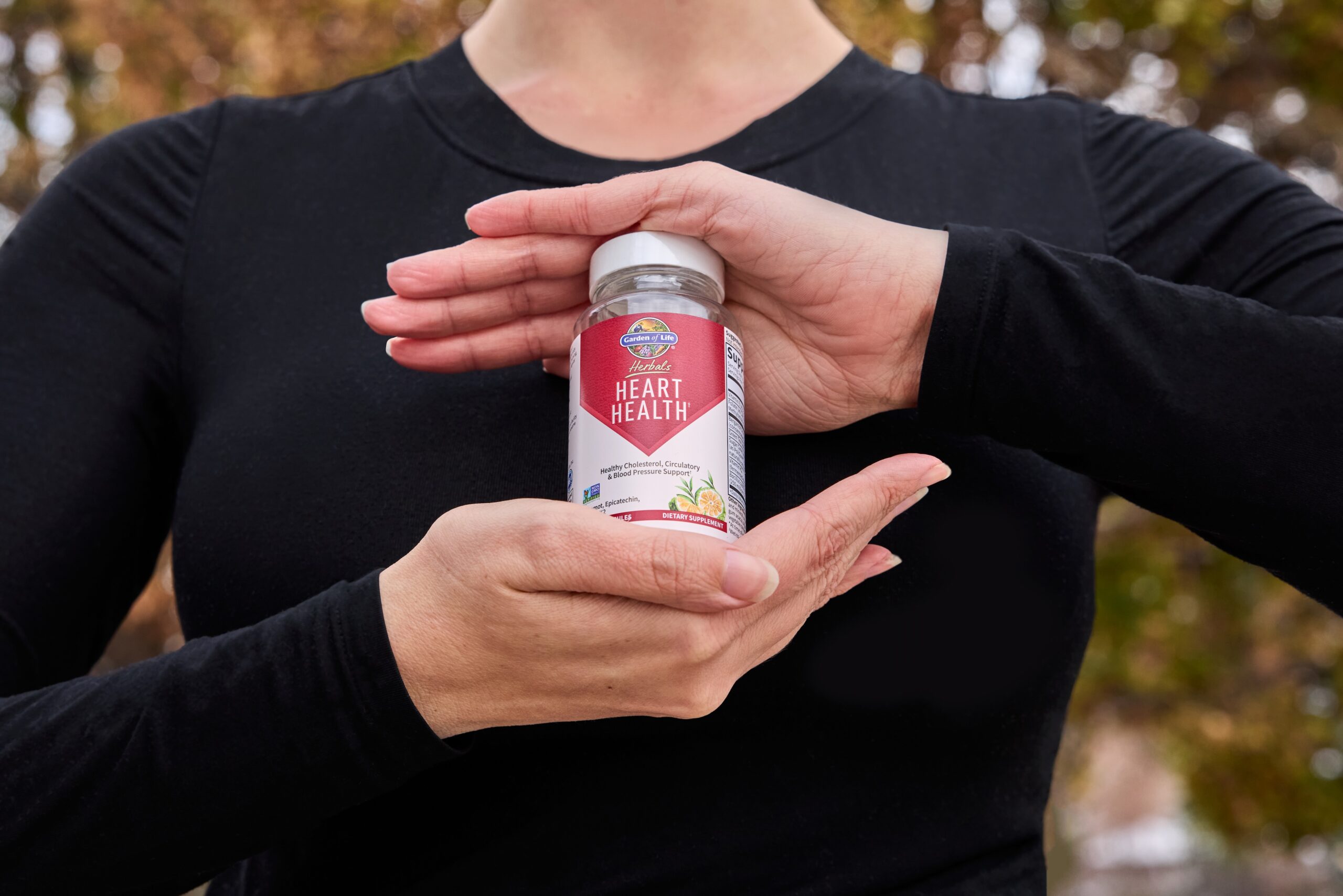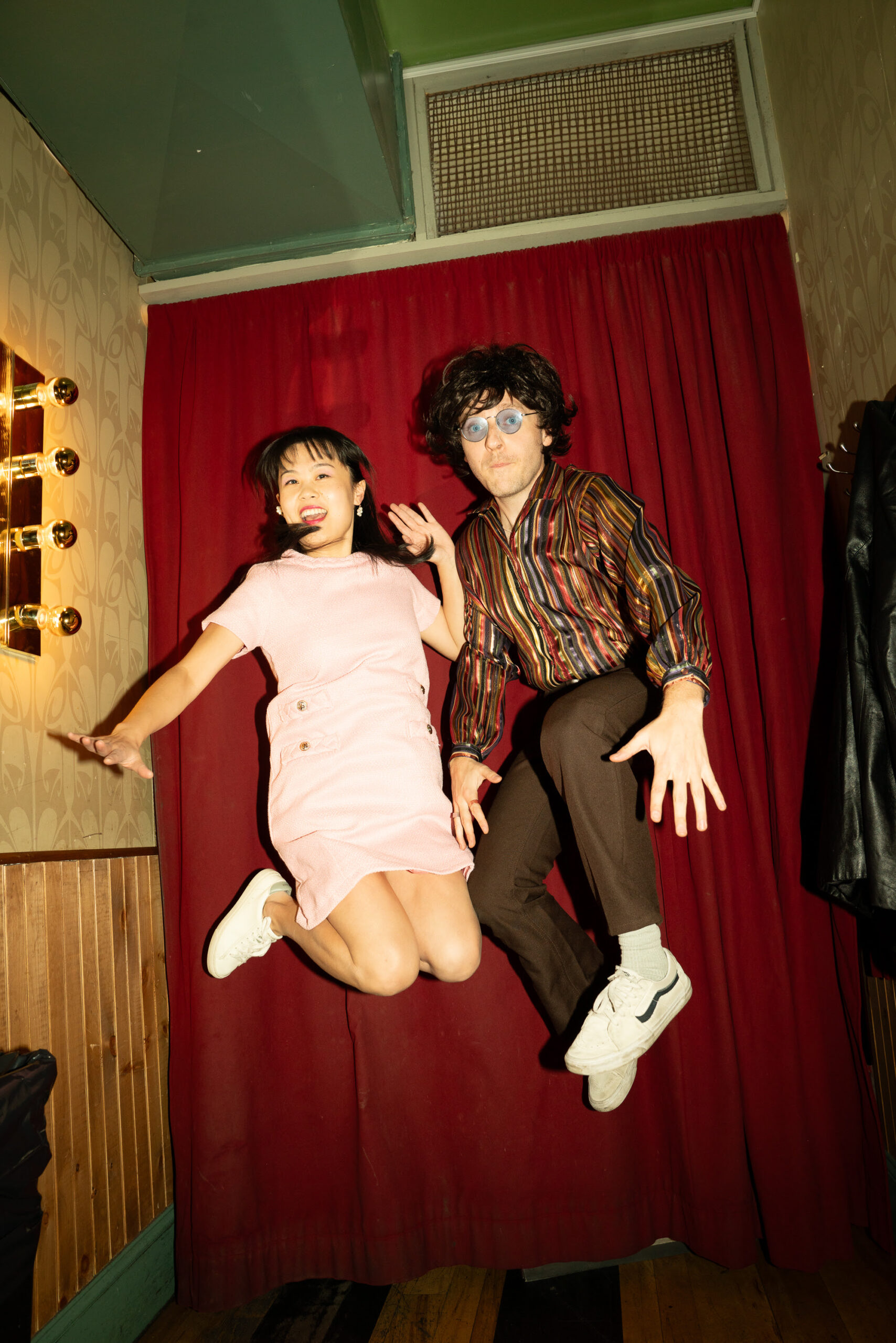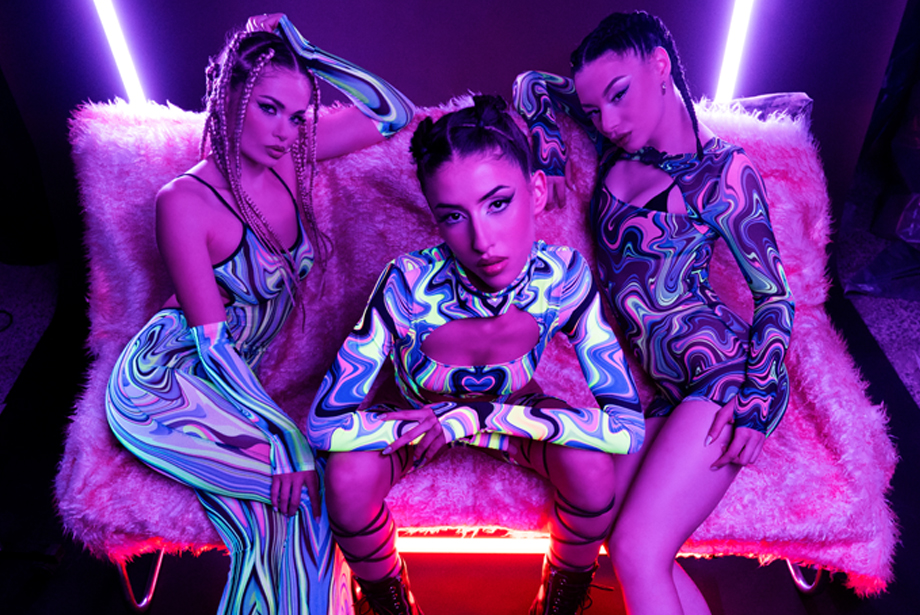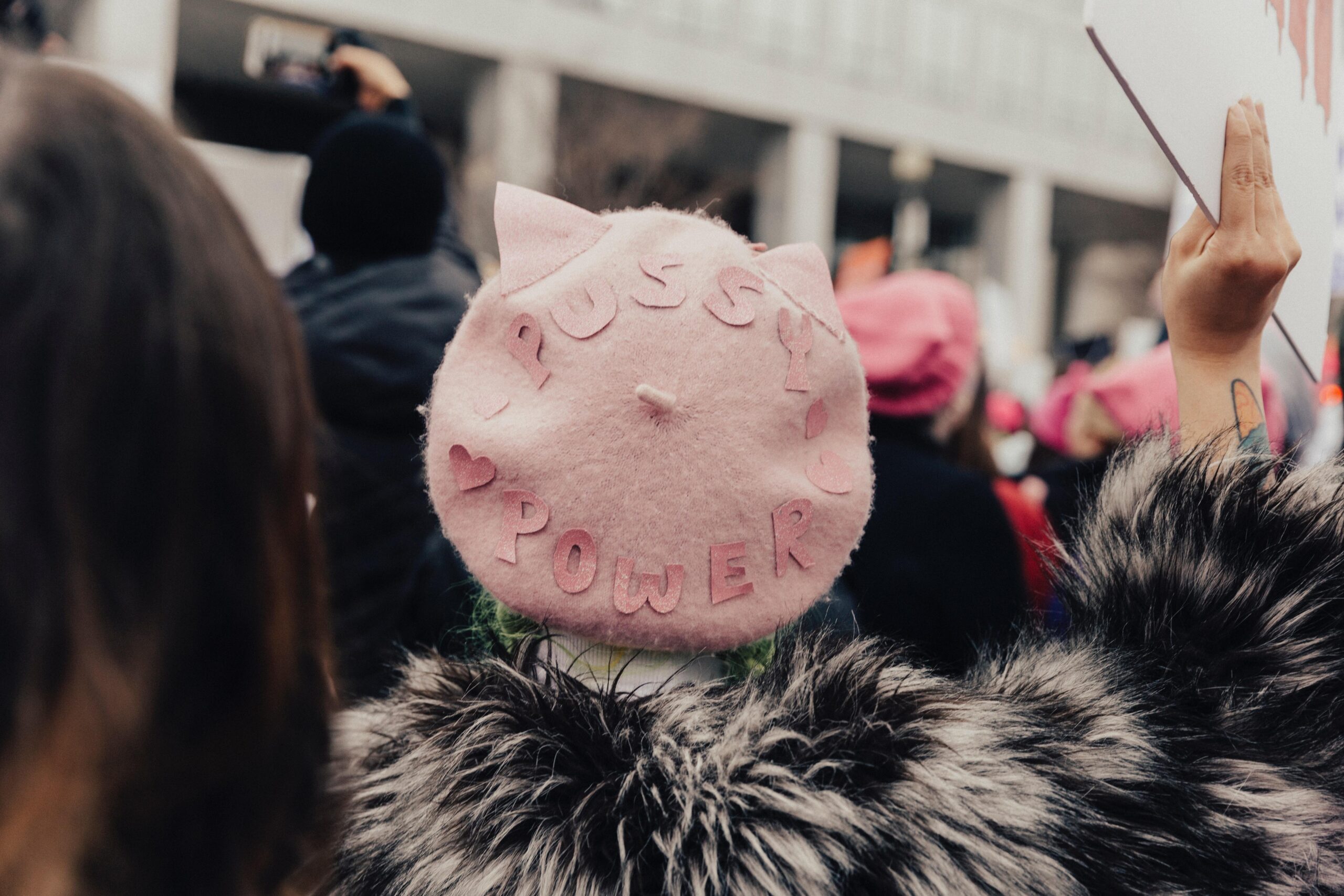
Photo by roya ann miller on Unsplash
This summer she was met with severe backlash to an Instagram rant in which she claimed she, a white woman, had been unfairly criticized in the music industry for how she claimed her femininity. In one of the most cognitively dissonant statements of the year, Lana claimed that “there has to be a place in feminism for women who look and act like me.”
Because almost all the women she was comparing herself to in the rant — whose record breaking places on the charts served as the impetus for her misguided manifesto — were Black women, it seemed like “women who look like” Lana meant white women. Yikes.
However, Lana was quick to come to her own defense. Instead of issuing any semblance of apology or recognizing the nuance in the criticism her letter received, she took to the comment section to dismiss any criticism that came her way.
After that, she made another post (that kind of made it worse) announcing her upcoming album and then kind of disappeared. Until now.
When announcing the release of her first single from her new album, Chemtrails over the Country Club, Lana did not take the opportunity to clear the air — but we didn’t expect that. She didn’t even take the opportunity to shut up, pivot, and never speak of her typewriter series again (they’re still up on Instagram, albeit buried under months worth of pictures by now, though if I were her publicist I would have wrestled the phone from her hands to delete it by now).
Instead, she took the time to parade her “diverse” and “inclusive” friend group on her cover and write another nonsensical caption that pretty much amounts to: see? I’m not racist, I have Black friends.
“Yes there are people of color on this records picture and that’s all I’ll say about that,” Lana says near the beginning of the comment, but, unfortunately, continues to say more. “I have always been extremely inclusive without even trying to. My best friends are rappers, my boyfriends have been rappers.”
Lana’s tokenization of the people of color in her life is … uncomfortable, at best. Beyond tastelessly parading her friend’s life histories in front of the internet for the sake of her reputation, by mentioning “rappers,” she equates Blackness with a genre of music and also engages in the fetishistic notion that romantic desire is proximal to inclusion.
And if you think it couldn’t get worse, the caption continued. In reference to the comments she had received on her initial post, Lana thought to respond preemptively, saying, “Before you make comments again about a WOC/POC issue, I’m not the one storming the capital [sic].”
The invocation of the attempted coup in comparison to her own racism is a blatant attempt to decenter the conversation and dismiss the voices of those she claims to be so inclusive of.
Lana’s convoluted caption is an example of the flimsy arguments white women dredge up to affirm their own innocence when criticized. Unfortunately, we’ve already seen so much of this in 2021, especially in response to the display of domestic terrorism at the Capitol (which was partly sponsored by a group named Women For America First).
Unsurprisingly, much of the peak white feminism that occurred in the aftermath of the Capitol riots came from self-proclaimed allies. It seems that a key proponent of white feminism is the desire to help … but only if it doesn’t require any actual evaluation of the self or the systems that perpetuate oppression.
Karlie Kloss recently (read: finally) came under criticism for her hypocritical comments about the riots and the current administration over all.
Though often we conveniently forget, Karlie Kloss is married to Josh Kushner. Yes, of that Kushner family. Her in-laws are Jared Kushner and Ivanka Trump, who sit at the proverbial right hand of the President.
Yet, despite these very close ties to the current administration, Karlie has managed to remain largely unscathed in the public eye. But this is not a romantic comedy where a likable blonde woman has to navigate her husband’s crazy family — this is not The Family Stone. This is real life. And the actions of her in-laws have consequences that she, due to her wealth, race, and proximity, is mostly exempt from actually feeling.
Yet, Karlie Kloss has built her whole brand around activism. So how does this work?
From founding an organization to teach girls STEM, being a vocal #girlboss and #feminist, and yes, posting that black tile on Instagram, Karlie makes sure to remind us that she quit being a Victoria’s Secret angel to go to NYU because she’s just so, like, passionate about women’s empowerment.
But despite all this, the furthest she has gone to speak out against the current administration have been bland social media posts and hashtags. When she made a more direct statement after the Capitol riots, many were quick to point out her hypocrisy.
After being called out for tweeting, “Accepting the results of a legitimate democratic election is patriotic. Refusing to do so and inciting violence is anti-American,” and promptly being told, “Tell your sister in law and brother law,” Karlie responded with a self satisfied: “I’ve tried.”
But her response did not satisfy anyone else.
Page Six reported that Ivanka Trump was “surprised” by Karlie’s claims, going so far as to say that Karlie is political in public, but not so much in private, and one tweet said that Kloss was choosing to “enjoy the privilege that comes from being close to them and feign moral superiority while not even acknowledging the privilege.”
People were also quick to point out that Kloss is not just willing to tolerate her in-laws, but has purchased a multi-million dollar home in Florida to live just blocks away from where they, and the current President, will be relocating after the inauguration (and impeachment?).
One of the more prominent people to call out Karlie for her purported attempts was Tavi Gevinson, founder of Rookie Magazine and actress soon to be starring in the Gossip Girl reboot (which I will now be watching).
In an Instagram story, Tavi called out Karlie for having “no real interest in using [her] political power so much as maintaining [her] watery ‘feminist’ liberal brand while protecting [her] liberal brand.” She identified Kloss’s actions as more than just the bad decisions of an individual, inconsequential celebrity but part of a culture that minimizes the harm of the current administration and the latent oppressive structures that it reveals.
By her relative silence against the Trump family and administration, Gevinson said Kloss has “help[ed] legitimize their bigotry by branding [them] as simply having different ‘political views,” dubbing Kloss a “Resistance Barbie” archetype.
In her takedown, Gevinson went deeper than Kloss’s shallow white feminism into a critique of not just Kloss herself, but the systems which she helps perpetuate. “Thank you for showing that you can vote blue and still be a white supremacist sympathizer,” Gevinson finished.
Tavi, who at the beginning of her career had her own share of criticism about earlier iterations of Rookie’s white feminism, used those valid criticisms to transform her platform into a diverse resource for learning, growing, and accountability.
Kloss, despite the direct confrontations about her hypocrisy, has remained silent — both on the internet, and probably to her in-laws, except maybe to plan the interiors of their Mar-a-Lago homes.
The self aggrandizing brand of white feminism has only increased in cultural capital this year as white women applaud themselves for being allies, while doing very little except calling themselves allies. While BIPOC Americans risk being alienated or gaslighted by declaring their politics, white women get to benefit by using them as a virtue signal, a personality trait, or a brand.
Twitter had enough of this when Demi Lovato tweeted that her response to the Capitol riots was … to write a song.
While well-intentioned, there are more nuanced ways for musicians to go about political music and Demi’s last effort, “Commander in Chief,” proved maybe that’s not her genre.
With lyrics like “If I did the things you do I couldn’t sleep,” the song wasn’t just bad — filled with easy rhymes and surface level lyricism — but it felt more like an indulgence of the ego rather than an attempt to make a change. Demi was reassuring us, herself, and other lukewarm allies that feeling bad about injustice is enough.
Unfortunately, it’s not.
In her recent tweet, she magnanimously inflated the effects of her social media activism, saying, “THIS IS WHY I POST AS MUCH AS I DO…” While Demi has famously used her platform to advocate for social causes, the immediate pivot to saying: “I’m in the studio working on something special after today’s assault on democracy,” centers her own status as an artist and activist over the larger issues of violence.
White feminism is most guilty of this: diluting down political movements to their personal impacts rather than societal effects. By centering not just white women, but the individual white woman, white feminism ignores the nuances of oppression and the context in which it happens.
Even while claiming to be “woke” or socially conscious, the need to center themselves often derails well-meaning white women into perpetuating the acts of oppression they claim to be against. This compulsion in itself is a symptom of a system which values and protects the innocence and feelings of white women, while using that protective mantle as a form of oppression.
Yet, white women benefit from that innocence in their daily lives — from Lana’s misguided conception of herself as a victim of bad feminism while enacting it, or even the “daddy-hat girl/SoHo Karen” calling herself an “innocent child” after assaulting … an innocent Black child.
It’s only been two weeks of 2021, and I’m already tired of it. But I’m sure there will be more to come. But until white women address the ways they benefit from the systems they purport to be allies against, I see no end in sight.

